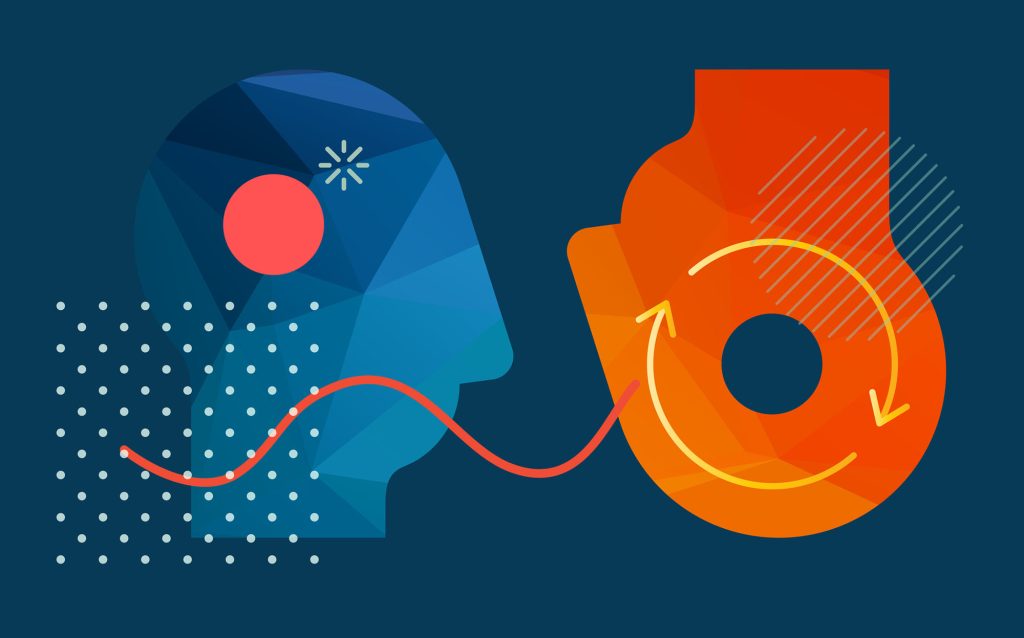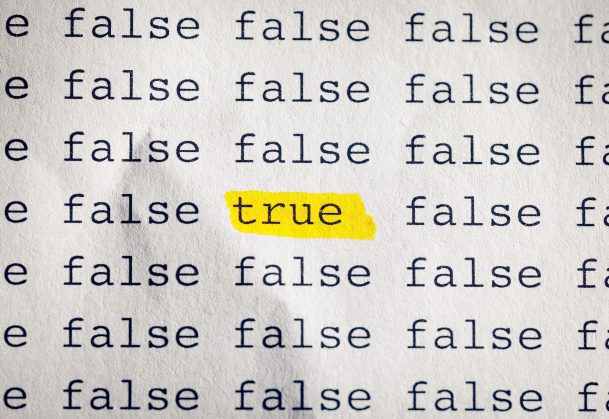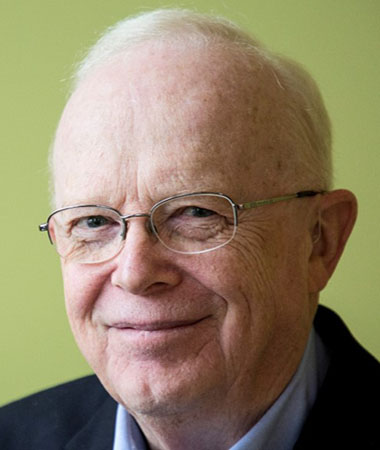Is the Teaching of Psychology Liberal or Conservative? Yes! (But Mostly It’s Neither)
How might teachers of psychology respond to allegations that their subject undermines conservative values? David Myers has some thoughts.

“APS Calls for Bipartisan Support for Psychological Science.” Such was the recent message from our international Association for Psychological Science to its members, and to the U.S. Congress, on the heels of science funding cutbacks and calls for restrictions on the teaching of psychology.
That leads us, and our critics, to ponder: Does the teaching of psychology support liberal rather than conservative values?
The truthful answer is yes. And no.
Yes, we social scientists study the effects of social situations. This naturally disposes us to attribute poverty, misbehavior, and low academic performance not to bad people (to lazy or incompetent dispositions) but to harmful environments. We study the roots and fruits of racism, sexism, and inequality. Having exhausted possible environmental causes, we explore the natural origins of sexual orientation. We identify widespread misinformation and its sources. (No, despite vividly available images of immigrant violent crime, immigrants are not disproportionately crime-prone.)
As if anticipating today’s conspiracy theories, St. Paul warned that “the time is coming when people will … turn away from listening to the truth and wander away to myths.” In an era when lies spread faster than truth, and misinformation gets more social media clicks, facts matter. So, we teach critical thinking.
Therefore, yes, the teaching of psychology is, in some ways, a progressive influence.
Yet in many more ways, psychological science, and our teaching of it, has no political baggage. Our exploration of how we sense and perceive our worlds, how we learn and remember, and how we develop from womb to tomb is neither liberal nor conservative. Nor is our reporting on mental health disorders and their treatment, how nature and nurture weave the human fabric, or how language develops.
Is sleuthing “how the brain makes the mind” values-laden? Does observing sleep stages promote progressive views? Is analyzing the effects of stress on health a leftist agenda? Not so far as I can discern.
View APS’s statement calling for bipartisan support in psychological science.
With its evidence-based winnowing of truths from falsehoods, psychological science has safeguards against bias. By testing claims—liberal, conservative, or otherwise—against reality, science aims to let the chips fall where they may. And on many occasions, the results have made conservatives smile. As my coauthors and I explain in our psychology textbook, there’s considerable evidence that
- unrestricted social media use increases teens’ risk of depression and anxiety;
- pornography, especially violent pornography, is socially toxic;
- marriage and coparenting contribute to human flourishing;
- positive thinking—an optimistic outlook and an internal sense of control—enhance human achievement;
- belief in one’s free will contributes to learning, persistence, and work performance; and
- religious engagement (“the faith factor”) predicts better health and greater happiness.
Moreover, psychologists have argued for the benefits of a diversity of viewpoints. Psychologist Jonathan Haidt cofounded the Heterodox Academy, whose mission, by welcoming both liberals and conservatives, is “to advance open inquiry, viewpoint diversity, and constructive disagreement across higher education.” Prominent social psychologists Roy Baumeister and Brad Bushman concur that “both left and right have valid insights and helpful policies.” Human cultures have thrived, they contend, by doing “two things effectively: (1) amassing resources [prioritized by conservatives], and (2) sharing resources through the group [prioritized by liberals].”
So, is psychology, and our teaching of it, a liberal or a conservative enterprise? It’s mostly neither, though in some ways both. Psychology at its heart is a truth-seeking science that explores how we think, feel, and act.
Feedback on this article? Email apsobserver@psychologicalscience.org or login to comment.
Related content we think you’ll enjoy
-

Busting Myths in Psychological Science
The scientific truth about some widespread myths among students (and even some professors)—along with suggested lesson plans for the classroom. Visit Page
-

Government Research, Funding, and Policy
Learn about the government institutes, agencies, and policies that support research and training for psychological scientists. Visit Page






Comments
While I enjoy the optimistic tone of this article, it misses the elephant in the room. Human’s are doing the research. What is the ideological bent of most Psychological Scientist? More importantly, how confident are we that psychologists’ political ideology does not seep into their understanding of the human condition. If a leftist psychologist and a conservative psychologist decided to study the same effect, would they begin with the same expectations about the potential causes of human behavior? Perhaps they would if they detached themselves, somehow, from their personal expectations and engaged in falsifiable inquiry. If such a stance cannot be reached, then we need ideological balance or as Heterodox Academy likes to put it, viewpoint diversity. Do we have that? I’m not so optomistic.
APS regularly opens certain online articles for discussion on our website. Effective February 2021, you must be a logged-in APS member to post comments. By posting a comment, you agree to our Community Guidelines and the display of your profile information, including your name and affiliation. Any opinions, findings, conclusions, or recommendations present in article comments are those of the writers and do not necessarily reflect the views of APS or the article’s author. For more information, please see our Community Guidelines.
Please login with your APS account to comment.